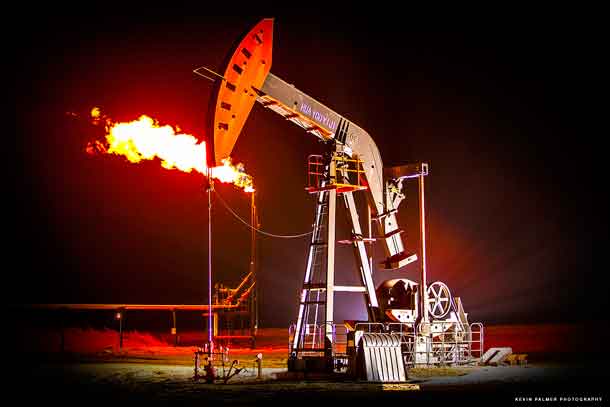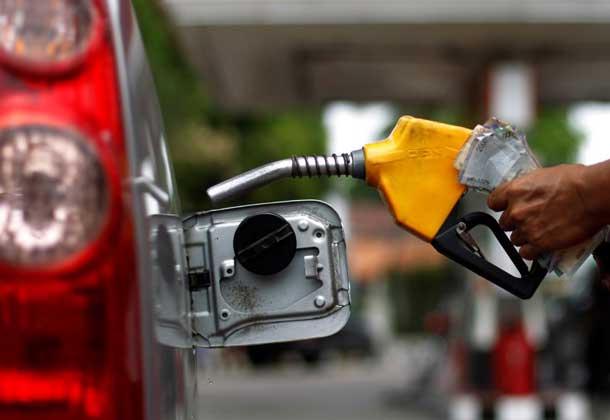

The Honourable Greg Rickford, Canada’s Minister of Natural Resources (far right), Dr. Ernest Moniz, U.S. Secretary of Energy (far left), and Pedro Joaquín Coldwell, Mexico’s Secretary of Energy (centre), discuss strategic vision for North America’s energy sector on Monday, December 15, 2014
Energy Ministers Meet To Discuss Strategic Vision
OTTAWA / WASHINGTON – ENERGY – “North America is a secure, responsible and reliable producer and supplier of energy,” states Minister Greg Rickford, the Minister of Natural Resources and Kenora MP. “We have deeply integrated economies, abundant reserves, shared critical energy infrastructure and common values that underpin our strong collaboration. We must enhance our trilateral energy collaboration in a way that supports North American energy security, jobs and environmental protection. North American energy independence and security are within reach, and we are proud to be a part of the strategic trilateral agenda in support of this attainable goal.”
Minister Rickford has been meeting with the Energy Ministers from Mexico and the United States. “The outcome of today’s meeting supports a strategic approach and the recent commitment of North American leaders to build the most competitive and dynamic region in the world, creating a more secure and integrated North American energy approach. Ministers agreed to strengthen government-to-government relationships and support business-to-business engagement in the energy sector,” stated Minister Rickford.
As countries with abundant energy resources, integrated infrastructure systems and extensive research, development and technological capacities, Canada, the United States, and Mexico have a global competitive advantage, which is enhanced through greater cooperation. Energy Ministers formalized trilateral cooperation in three strategic areas:
- Developing North American energy public data, statistics and continental mapping of commodities and infrastructure;
- Responsible and sustainable best practices for the development of unconventional oil and natural gas; and
- Modern, resilient energy infrastructure for North America in all aspects — physical infrastructure as well as institutional infrastructure such as policies, regulations, workforce, innovation, practices to promote energy-efficient goods and services, and sustainable technologies.
Mexico recently enacted national energy reforms and in this context will contribute enormously to the trilateral conversation. Minister Rickford and Secretary Moniz recently enhanced bilateral cooperation in 11 areas by signing a Memorandum of Understanding on Canada–U.S. Energy Cooperation in Ottawa on September 18, 2014.
In October, the Department of Energy issued a Presidential Permit for a transmission line from Quebec to Queens, New York, that could supply up to 1,000 megawatts of clean, secure electricity to the United States. Minister Rickford and Secretary Moniz also co-hosted a session of the United States’ Quadrennial Energy Review in Ottawa — the only session of its kind outside the United States.
Minister Rickford highlighted the mutual benefit of the existing Canada–U.S. energy relationship and outlined opportunities for future cooperation, including Mexico, to increase energy security and environmental performance while creating jobs for our citizens.
During his visit, Minister Rickford also highlighted the benefits of the Keystone XL pipeline — a responsibility that falls under the purview of the U.S. Secretary of State. Today’s discussion will support the next meetings of North American leaders taking place in Canada this February.
Quick Facts
- Canada benefits from one of the cleanest electricity mixes in the world, with 65 percent generated from renewable sources — the highest level in the G7.
- Canada is the world’s third-largest producer of electricity and has the third-largest proven oil reserves (after Venezuelaand Saudi Arabia), second-largest reserves of uranium, fifth-largest natural gas production and ninth-highest installed wind capacity.
- There are already 70 pipelines delivering oil and gas across the Canada–U.S. border every day — safely and reliably.
- Canada’s per capita GHG emissions are now among their lowest level since tracking began. Between 2005 and 2012,Canada’s economy has increased while Canada’s greenhouse gas emissions have decreased.
- Canada’s overall tax rate on new business investment is now the lowest in the G7, 13 percent lower than the OECD average.
- Between 2005 and 2013, Canada’s crude exports have risen 64 percent, while dependence on foreign crude has decreased by 31 percent.
- Both the U.S. and Canada have dramatically reduced oil imports, while our oil imports from each other are at record highs.
- According to the U.S. Energy Information Administration (EIA), since August 2014, monthly Canadian crude oil exports are now over three million barrels per day and exceed all OPEC’s daily exports to the U.S.
The meeting comes as world prices for crude oil continue to fall on world markets.
The benchmark price for Western Canadian Select has fallen below a critical level of $40 per barrel. Canadian heavy crude traded below US$40 a barrel for the first time in five years






